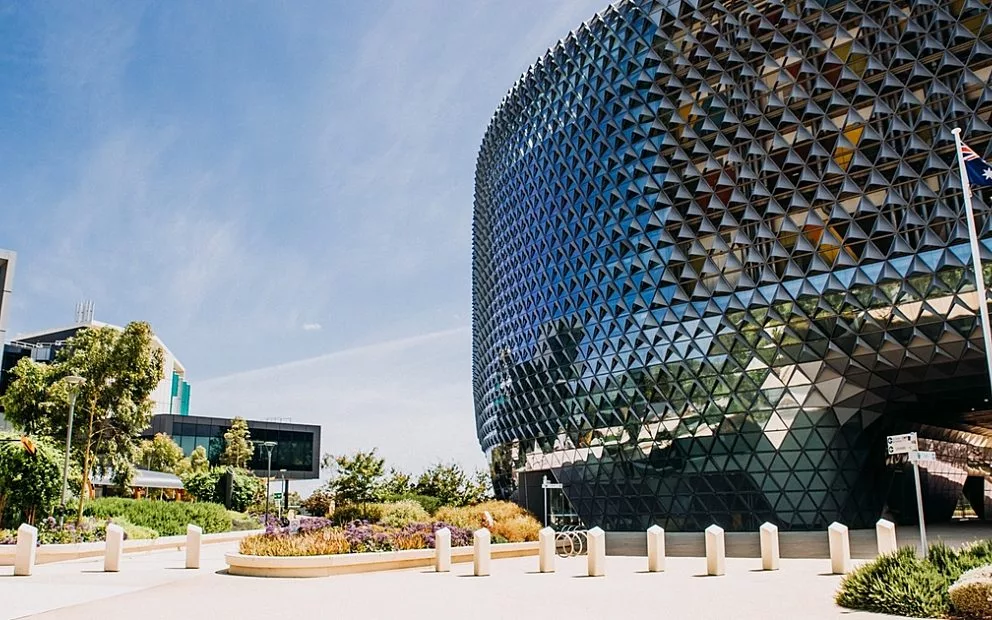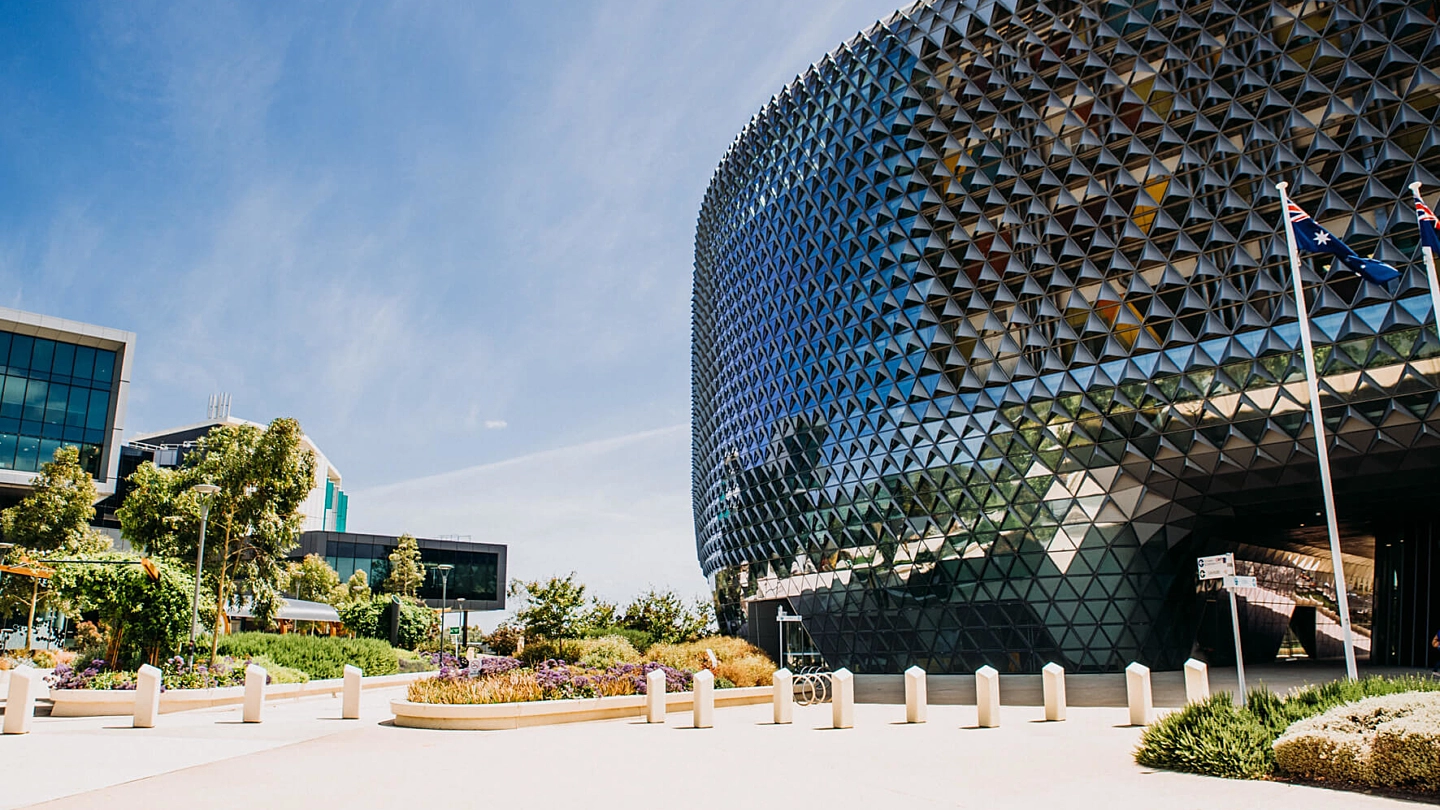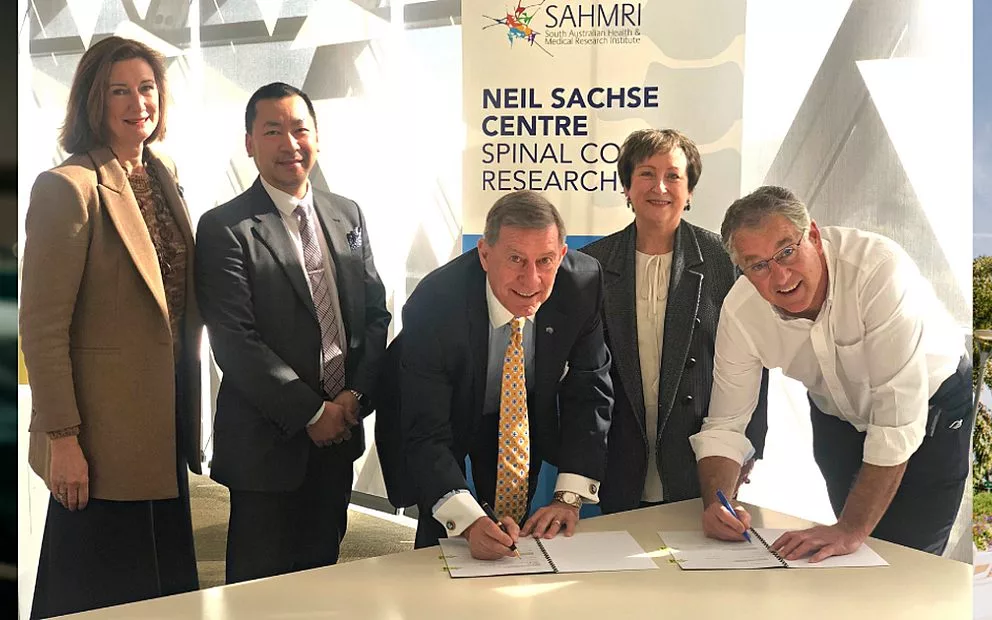Cancer, the health impacts of sugar-sweetened beverages and issues relating to aged care will be the focus of National Health and Medical Research Council Investigator Grants awarded today to four researchers at SAHMRI.
Associate Professor Maria Inacio and Dr Monica Cations, both SAHMRI-based Registry of Senior Australians team members, have each received support for five-year investigations.
Associate Professor Inacio’s project will address the ‘shocking tale of neglect’ in Australia’s aged care sector.
“Systemic failures have been brought into focus by the Royal Commission into Aged Care Quality and Safety,” she said. “This highlights the need for better ways to monitor and evaluate the quality and safety of care for older individuals.”
Dr Cations will also address the quality and safety of aged care, but from a psychological perspective.
“Up to 86% of aged care users have a mental health condition,” she said. “Mental health services are available but there is very limited information about why they aren’t accessed more and what the potential benefits could be. That’s what we intend to investigate.”
Professor Caroline Miller has a distinguished history in obesity control, including sugar-sweetened beverage (SSB) consumption and policy. As the next stage of that work, she will lead studies of whether consumers substitute SSBs for water, or for other potentially harmful drinks such as artificially-sweetened beverages or high-sugar fruit juices.
“There’s emerging evidence these drinks can also contribute to weight gain, type II diabetes and dental problems,” she said. “Our results will help guide policy makers about how best to deal with artificially-sweetened drinks and fruit juice to improve public health.”
Dr Devendra Hiwase, whose project also involves the Royal Adelaide Hospital, the University of Adelaide and the University of South Australia, will seek better outcomes for cancer patients who are at risk of developing a therapy-related myeloid neoplasm (t-MN).
“This is a lethal blood condition that affects people who’ve had chemotherapy or radiotherapy to treat a primary cancer,” he said. “This condition is increasingly prevalent but, so far, we have little understanding of how and why it develops and options for treating it.”
The four grants are among 237 nationally that were announced today. Fifteen South Australian projects share $24.1 million funding from a national pool of $400 million.
Investigator Grants consolidate separate fellowship and research support into one grant scheme providing the highest-performing researchers at all career stages with funding for the salary if required and a significant research support package. The grants give the investigator flexibility to pursue important new research directions as they arise and to form collaborations as needed, rather than being restricted to the scope of a specific research project.



